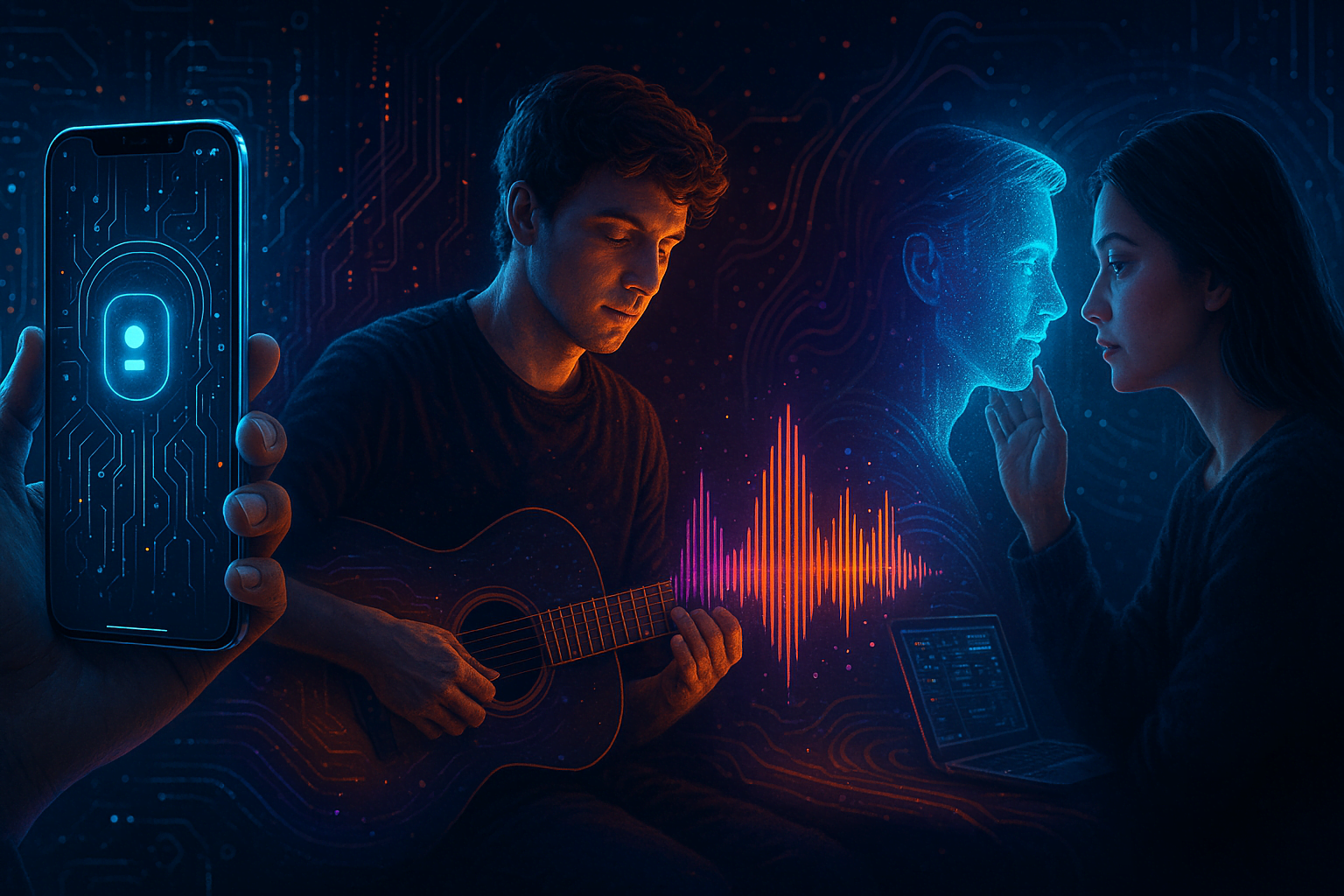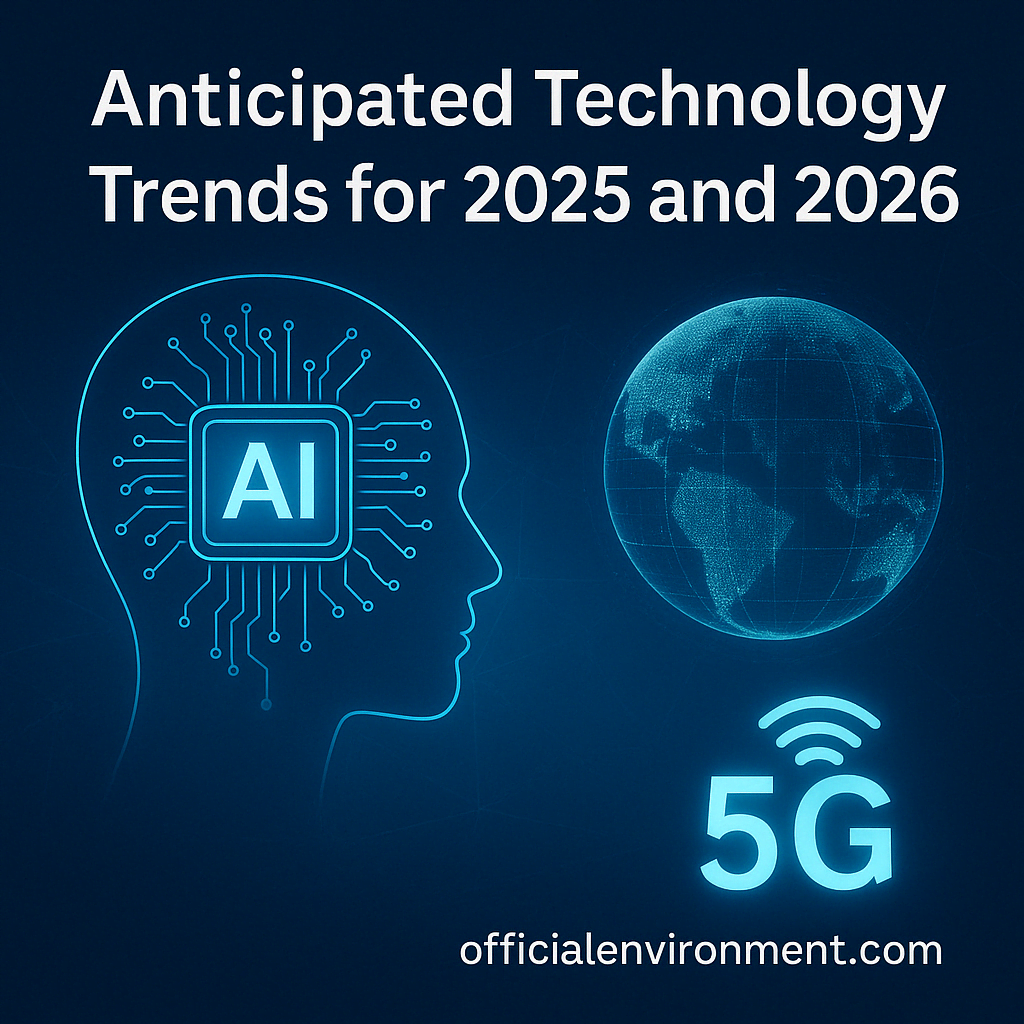Our everyday lives are being drastically altered by artificial intelligence (AI), which is changing everything from how we use smartphones to how creative industries like music creation operate. This development is radically changing how we engage with art, technology, and even our emotions; it is not simply about efficiency or convenience. AI is becoming a key component of grief management, facilitating communication with departed loved ones and spurring innovation in creative fields like music. Let's examine the ways AI is causing a stir in various fields.
AI in Smartphones: More Than Just a Personal Assistant
AI in smartphones is expanding at a never-before-seen pace, improving our interactions with technology. These gadgets have developed into strong personal assistants from simple entertainment and communication aids. Smartphones with AI capabilities may now assist with everything from digital expression to day planning. Zenmoji, a digital expression that blends creativity and mindfulness, is one of the more inventive use of AI in smartphones.
What is Zenmoji?
Zenmoji blends simplicity, tranquility, and balance with emojis. While emojis represent expressions and emotions, Zenmoji offers a more peaceful, mindful way to convey ideas. This new form of digital communication helps users to express their feelings and thoughts in a calm and manner which is very cool way.
AI-powered smartphones are also capable of assisting in real-time problem-solving. For example, if you spot a ship and take a quick photo, your phone can instantly identify about your new photo, provide its name, and offer detailed information. Really it is a thankful task which AI is answering by collecting information from the web. It is a simple identification, that AI is helping you with completing your tasks like generating custom emojis based on your conversations with others or AI or summarizing stories.
The Role of AI in Music: A New Creative Horizon
AI’s influence isn’t limited to smartphones; it is also estimulatiing the music industry. AI tools are helping musicians to create innovative music by blending old and traditional sounds with experimental ones. One notable example needs to be mentioned, that in the Latin America, where musicians are collaborating with FutureX. FutureX is a company that explores AI's role in music production. This task is a new experience in the world in era of AI.
AI in Music Production: A Fusion of Tradition and Innovation
The richness and distinctiveness of Latin American music present difficulties for AI models, according to FutureX Director Nicholas Madore. However, FutureX has been able to produce songs that showcase both human talent and AI innovation by creating tools that more accurately reflect their culture. After months of testing, the group combined the voices of singers with the sounds of instruments to produce songs that are hard to tell apart from traditional music, showcasing AI's ability to maintain and develop within cultural heritage.

Bringing the Deceased Back: AI in Grief Management
An intriguing, if contentious, trend is the application of AI technology to grief treatment. Many people wish they could have one last conversation with a loved one after they die. People can now engage with digital avatars of the deceased thanks to artificial intelligence. Both curiosity and worries have been sparked by this new "grief technology."
In China and the United States, AI is being used for creating digital versions of deceased individuals. By creating chatbots or avatars, AI mimics the personality who is lost and loved one. Christy Angel, an American citizen, spoke with an AI bot of her deceased daughter, which was trained with personal information she provided. She describes the experience as both terrifying and revealing, as the AI spoke in ways that were both familiar and unsettling.
While some see this as an opportunity to find closure, others, like sociologist Matthias Maitzler, are concerned about the psychological impact of interacting with AI versions of the deceased. Could these avatars distort memories or manipulate emotions? The debate is ongoing, but one thing is need to mentioned that AI is challenging our traditional notions of grief and memory also.
The Future of AI: Personal Assistance, Music, and Preservation of Culture
AI’s evolution is not only making everyday tasks easier but also creating opportunities for more personalized experiences. There is a significant event about Apple. Apple’s recent launch of “Apple Intelligence” integrates messages, emails, calendars, and online data to offer helpful recommendations, almost like a co-pilot which is guiding and advising you through daily life.
In the music world, AI is helping to preserve cultural heritage by teaching audio tools about regional musical traditions. As Nicholas Madore explains, “If we don’t take steps to preserve these styles, they might disappear.” AI has the potential to deepen our understanding of cultural history when talk about making traditional music more accessible.
Moreover, AI is being used in administrative tasks also, by the governments. For instance, the German city which name is Hamburg, there has launched a project using the AI program “LLMin” to summarize lengthy documents, saving time and improving efficiency. As a result, you will be able to read more documents in an official day and will contribute more on service by reducing time consuming
The Security Debate: Privacy vs. Innovation
AI is continuously developing in security issue and also the privacy concerns are becoming more prominent and sensitive issue. To show result AI systems need to access on personal data, raising questions and others, which about how companies will handle and protect user information. It is main concern now. There are famous companies like Apple emphasize that their systems are designed to prioritize user privacy, even while performing complex, repetitive and cloud-based tasks.
Conclusion: Embracing the Future of AI
Artificial intelligence is transforming sectors ranging from cellphones to music production by increasing creativity, productivity, efficiency and customization. While individual’s privacy and security remain major concerns, then AI's promise to improve our lives and protect cultural heritage. Also, it wants to give a feeling who is passed away. As AI technology advances, we will enter an era in which technologies are smarter, more performer, and intimately integrated into our lives.






